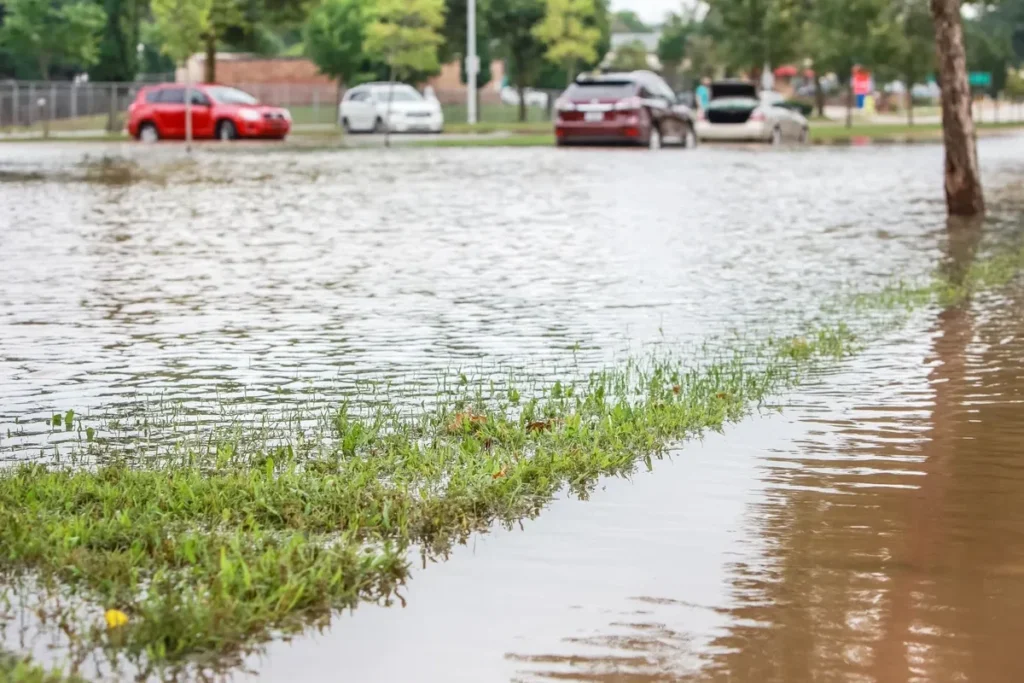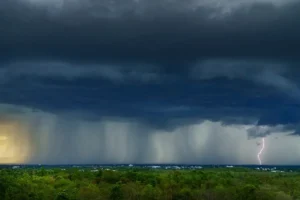People worldwide are starting to understand how important it is to deal with significant issues like managing rainwater in cities and checking how our actions affect the environment. Groundwater is essential for keeping nature healthy and ensuring people have what they need to live well. Improper stormwater management can have serious adverse effects on the ecosystem. This article will examine how Groundwater Management Solutions tackles these issues, promotes environmentally friendly water practices, and reduces negative environmental impact.
The Value of Stormwater Management
To manage stormwater, we collect, transport, and cleanse rainwater and melted snow runoff. Flooding, erosive conditions, and polluted water in cities can result from construction of numerous roadways and structures that prevent water from penetrating. These issues could be harmful to the environment, having an impact on water systems, designs, and people’s health.
Solutions for Groundwater Management: A Comprehensive Approach:
Infrastructure for Sustainable Stormwater:
Sustainable stormwater management infrastructure implementation is the main emphasis of Groundwater Management Solutions. This involves utilizing green roofs, rain gardens, permeable pavements, and artificial wetlands. These eco-friendly methods lessen runoff and minimize polluting natural water bodies by slowing down, filtering, and infiltrating stormwater.
Better Water Quality:
Improving water quality is the main objective of efficient stormwater management. Groundwater Management Solutions uses various techniques to filter contaminants out of runoff before they reach aquatic bodies, including sedimentation basins, vegetated swales, and stormwater treatment equipment.
Watershed Protection:
Groundwater management techniques lower the risk of floods in urban areas by employing strategies like retention and detention ponds. In addition to safeguarding property and infrastructure, this prevents soil erosion and protects natural habitats.
Erosion Prevention:
To maintain the health of aquatic ecosystems, we must control erosion. Solutions for groundwater management frequently involve erosion prevention techniques like stabilizing stream banks, restoring riparian regions, and re-vegetating disturbed areas.
Monitoring and Evaluation:
It is essential to monitor and evaluate stormwater management procedures continuously. Environmental impact analyses are incorporated into Groundwater Management Solutions to guarantee that the selected techniques are efficient and eco-friendly.
Environmental Impact Evaluation:
A structured method called an environmental impact assessment (EIA) is utilized to determine how a new project or development can affect the environment. This study can be used by persons in charge of making decisions to comprehend the potential environmental harm and develop solutions. EIA is incorporated into Groundwater Management Solutions’ plans to guarantee that stormwater management techniques are efficient and ecologically responsible.
Stormwater management is critical for various reasons:
Flood Prevention:
Good management helps lower the risk of flooding in metropolitan areas by directing excess precipitation to designated storage or drainage systems.
Aquatic Quality:
We can significantly enhance water quality by filtering and treating stormwater, benefiting aquatic life and people who rely on these water sources.
Erosion Prevention:
Stormwater runoff can cause soil erosion, which degrades the environment and can cause sedimentation in bodies of water. Effective management helps stop erosion.
Maintaining the habitat:
Effective stormwater management can preserve habitats and ecosystems that rely on natural hydrological processes.
How an EIA can help find groundwater management solutions:
How to Recognize Environmental Risks:
An EIA can uncover potential hazards and impacts connected to stormwater management plans through detailed examination. This includes the possibility of soil erosion, groundwater contamination, and interference with natural hydrological processes.
Making Decisions Based on Data:
An EIA gathers scientific data and expert perspectives to inform decision-makers about the potential effects of various stormwater management strategies. This guarantees that facts support decisions and give environmental protection a top priority.
Mitigation Techniques:
Elias offers mitigation strategies to lessen adverse effects. For instance, the assessment can suggest additional filtration or treatment procedures to safeguard this priceless resource if a stormwater management strategy has the potential to contaminate groundwater.
Public Participation:
Public input is frequently sought during an EIA, allowing local populations to participate in decision-making. This ensures that the solutions selected consider the community’s concerns.
The bottom line:
As environmental awareness increases worldwide, handling stormwater management and extensive eco-friendly impact analyses is critical. Stormwater management mistakes pose severe dangers to groundwater, which is essential for ecosystem health & human well-being. Integrating sustainable infrastructure, better water quality, flood protection, erosion control, and stringent monitoring into comprehensive groundwater management solutions is crucial.




